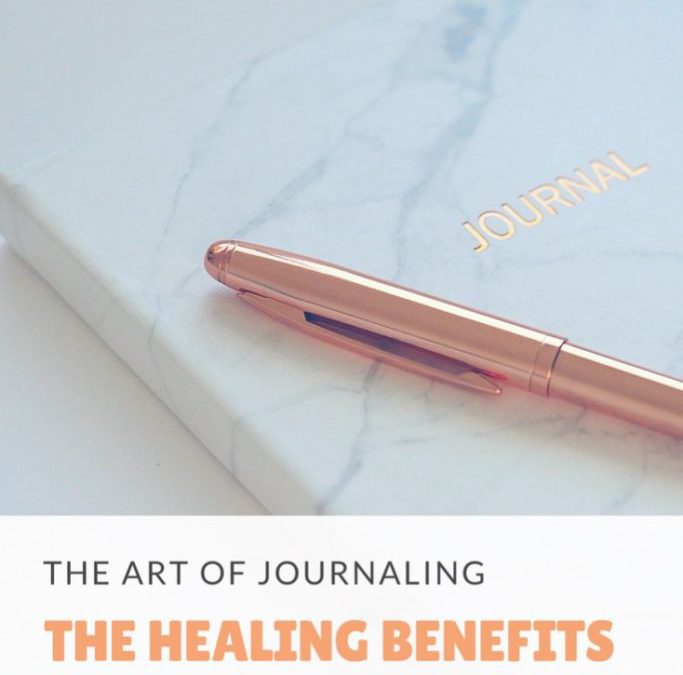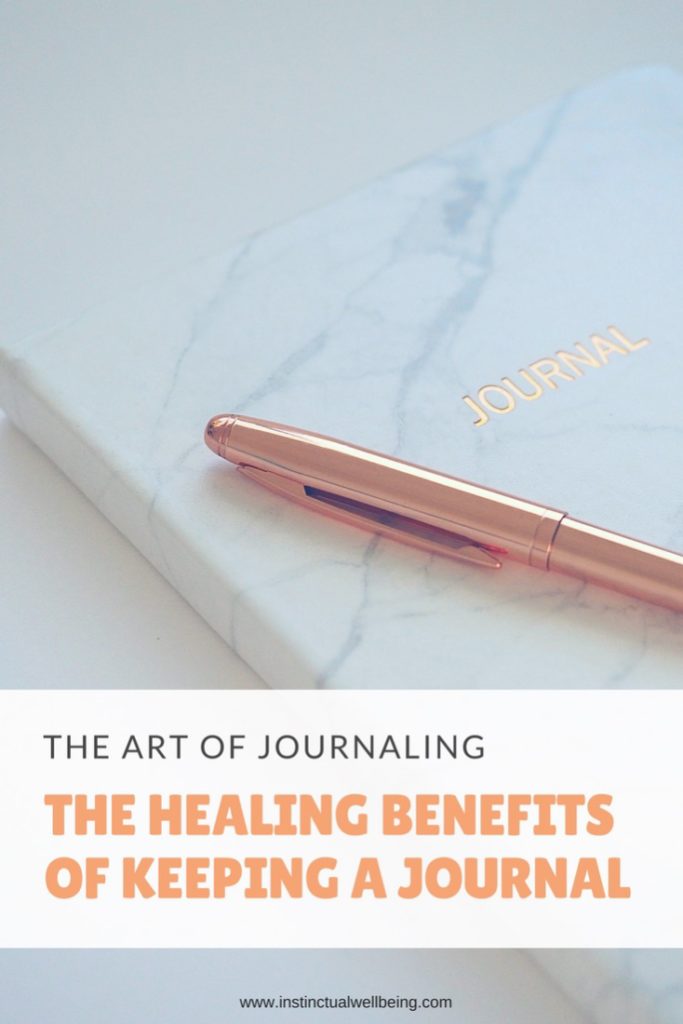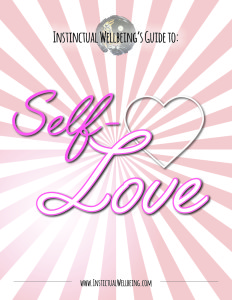One thing people may not realize about me is that I’m an avid journaler. I literally have 10+ journals filled to the brim with thoughts from childhood to yesterday, plus (much to my wife’s dismay) a few extra journals and notebooks lying around that I just take random notes in.
The fact is, there are just so many benefits to journaling! Not only is it a great tool for creativity, but it can be very therapeutic and promote health benefits, as well. Let’s discuss.
THE BENEFITS OF JOURNALING
I love keeping a journal for a couple reasons:
First, it can help you release any pent up tension or bottled up feelings that can ultimately wreak havoc on your bodily systems (what happens to energy that has nowhere to go? It turns inward!). It’s sort of like that one-hit wonder song that goes:
If I get it all down on paper
It’s no longer inside of me
Threatening the life it belongs to
You know that one? It’s called Breathe by Anna Nalick if you want to check it out.
I think that if you’re able to sit down and journal, you can let go of all that you’re storing inside of you, and relocate it to a more productive place. It’s my belief that releasing attachment to our daily encounters instead of allowing them to become “stuck” within us can have a profound effect on our ability to heal and restore ourselves.
Releasing attachment doesn’t just go for “bad” things though – it’s necessary for good things, too. The Buddhist philosophy is that suffering comes from being unable to let go of things in your life — and this goes for perceived “good” and “bad” people, places, events, and other happenings. I’ve always been drawn to this idea ever since I started studying Buddhism in high school, and I find that journaling helps me do just this. It’s a space where I can take inventory of what’s gone on in my day(s) and release it altogether. That way, I free up new space for other good things to come into my life.
The second reason I love journaling is because it feels like a safe space for me; a non-judgemental area where I can just jot all of my thoughts, wishes, dreams or frustrations down.
Oftentimes as sensitive human beings, we may feel like it isn’t safe to open up to even our most dear loved ones about our deepest desires, dreams and pain points in our lives. Heck, I think sometimes we even have trouble opening up and admitting these points to ourselves! I know for me, when I sit down with my journal, it’s like a whole new world opens up. I can say anything, be anything, do anything, and reveal anything. In this way, I’m able to really dig deep and have some major breakthroughs and realizations about myself and where I’m currently at in my life.
Being able to process the events in our life in a healthy way is crucial to staying well, both emotionally and physically. This is especially true when dealing with issues of the thyroid, which is the organ and energy portal responsible for managing our ability to speak our truth and be honest with ourselves and others. Creating a safe space with journaling can be a great way to “speak” our truth and give an honest look to our circumstances without necessarily having to pull other people into it.
PUTTING JOURNALING INTO PRACTICE (HOW TO START JOURNALING)
So, now that we’ve explored some of the benefits of journaling, are you ready to try journaling for yourself? Below are some tips I’ve found helpful throughout the years; I think they’ll do wonders for getting you started!
-
- Buy a notebook and pen/pencil that you love. Notice style, colors, features, and even paper texture. Having materials that make you you look forward to writing is an important part of regular journaling.
- Buy a notebook and pen/pencil that you love. Notice style, colors, features, and even paper texture. Having materials that make you you look forward to writing is an important part of regular journaling.
-
- Establish a secure location for your journal that isn’t in plain sight. This is a huge part of creating a safe space for journaling, because if you’re constantly worried that your kid or your husband is going to stumble across it and just start reading it aloud to the neighbors, you’re not going to feel like you can open up as much and reveal a deeper part of yourself. I suggest a cabinet, under your bed, a dresser drawer or nightstand, corner of your closet, etc. — just something that’s not laying in the middle of the dining room. Remember, it’s not that you’re trying to hide something, it’s just that this is your safe spot, so you want it to be semi-private.
-
- Before you sit down to journal, tell yourself that you’re in your safe space, and that you’re going to allow whatever comes up to come up. No judgements, yourself included! If you want to write about how you’re upset with your marriage, then so be it. If you have a deep, dark secret that you need to let out, then let it out! Journaling should be a free space for you to work things out and reflect upon your life, so don’t limit yourself.
-
- If you are truly feeling uncomfortable about writing something down that other people (despite your best hiding efforts) could stumble upon, then you could always write it down so you get it out of you, then either throw the piece of paper away, fold it up and hide it somewhere separate, or heck – I’ve even burned things before! Whatever makes you feel like you can release what you’re holding onto safely and securely.
-
- When in doubt, show gratitude! Even in my most intense, heated journal posts, I try to wrap up with something I’m thankful for, or a potentially positive outcome from the situation. Similar to how the age-old wisdom says not to go to bed mad (at your loved one), I’d say the same thing: Don’t end your journaling session in a bad mood. If you spent the whole session journaling about how your kids are driving your nuts-o, wrap it up with something like, “But I’m so thankful they’re teaching me the art of patience and I think that I can start to see why we’re going through this challenge. I’m hopeful things will get better soon!” The art of journaling is about releasing and yes, even venting, but ultimately it’s here to help us heal — so let it bring good into your life, as well.
- Finally, if you don’t know what to journal about – don’t let that stop you. I guarantee if you just sit down and start writing the very first thing that’s on your mind and then let the pen keep moving, you will eventually get to where it needs to take you. Some of my journal entries have started out like a second grader: “Hi Journal – today I’m just writing because I’m feeling a little sad and um…yeah I don’t know why but…” and 20 minutes later I’m tapping into my inner Freud and spewing ancient life advice to my inner child. So just start somewhere and see where it takes you. Journaling is a journey!
- Another option would be to research some good prompts to help you get your your gears turning. Just search for “daily journal prompts” or “journal writing prompts” in Google, and you’ll find a ton of material.
I’m curious: Have you ever tried journaling? What do you like or not like about it? Share in the comments below, or shoot me an email at mitch @ instinctualwellbeing.com!





Yes! Journaling has always been a huge part of my life til the last few years. It’s calming, helps me to center myself and collect my thoughts, even if it’s just a bunch of rambling lol. Reminds me that I’m me, even when my body doesn’t seem to work the way I need it to. Plus I love shopping for nice journals.